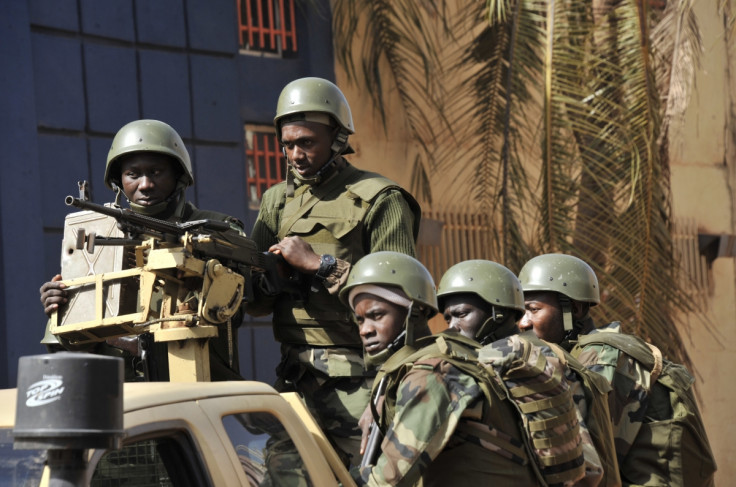Mali hotel attack: Al-Mourabitoun names Abdul Hakim Ansari and Moaz al-Ansari as hostage takers

Al-Qaeda linked militants Abdul Hakim Ansari and Moaz al-Ansari have been named by the North African terror group al-Mourabitoun as the two Radisson Blu hostage takers who stormed the Bamako hotel on 20 November, leaving 19 dead.
Mourabitoun named the pair through the Mauritanian state news agency al-Akhbar which reported it had received a second audio recording from the Jihadi group in the aftermath of the attacks. Their noms de guerre do not indicate they were not from Mali, al-Akhbar claimed.
The recording also said the pair, who were killed at the climax of the siege, had carried out the assault in response to "the crusader's attacks against our people, our holy places and our brothers the Mujahadeen in Mali".
Al-Mourabitoun, linked to al-Qaeda in the Islamic Maghreb and headed by infamous Islamist veteran Mokhtar Belmokhtar, is one of two groups to have claimed responsibility of for the Bamako attacks. The Macina Liberation Front, a fledgling Islamist organisation based in southern Mali and operational in the country's central Mopti governorate and on its frontiers with Burkina Faso and Mauritania has also claimed responsibility.
Officials are still trying to ascertain the nationality of the attackers. One hostage evacuated from the Raddison Blu told Reuters he had heard the assailants communicating in English. Another said he believed the pair had Nigerain accents. Islamist fighters are able to travel through the porous borders of the Sahel region with ease, meaning the militants could have come from a number of different countries.
Mali has announced a three day period of national mourning in response to the Radisson Blu attacks. 19 were killed in the hostage taking including 13 foreign nationals.
The assault on the hotel, catering to the country's international elite, has fuelled security concerns in Bamako which had not witnessed the same violence as northern Mali following an ethnic Taureg rebellion in 2012 which was then hijacked by the al-Qaeda-linked group Ansar al-Dine.
A subsequent French military intervention in 2013 and UN peacekeeping mission returned the north to the Malian government but dispersed the terrorist threat throughout the country and exported it to its neighbours.
© Copyright IBTimes 2025. All rights reserved.






















